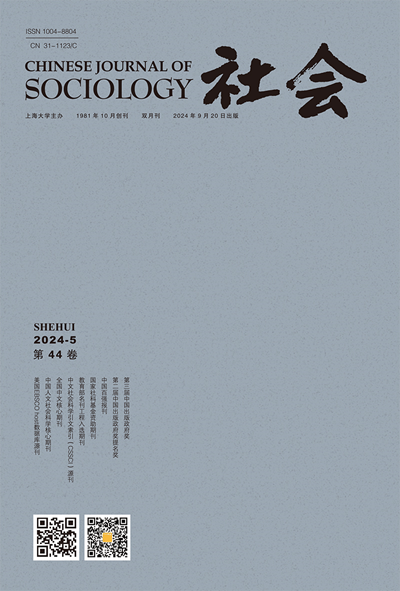儿童时间使用与教育成就的比较分析——来自中国、日本和美国的评估证据
IF 1.8
4区 社会学
Q2 SOCIOLOGY
引用次数: 4
摘要
各种形式的经验证据表明,父母的社会经济地位(SES)与教育结果密切相关,许多国家试图缩小儿童之间的成绩差距。育儿实践是不同社会经济地位家庭之间出现教育不平等的一个重要机制。在本文中,我们通过对中国、日本和美国的案例进行比较调查,利用三组具有全国代表性的纵向数据,表明儿童在时间使用和学习成绩方面的阶级差距反映了按父母社会经济地位分层的育儿方式和父母做法。我们发现,对于中国10-15岁的儿童,父母社会经济地位对儿童的家庭作业时间和学习成绩有很大影响。在日本10-15岁儿童的研究结果中也发现了类似的模式;然而,家庭作业时间与父母受教育程度的相关性较弱。此外,将样本限制在14岁的儿童,并对这三个国家进行比较,我们发现父母SES之间的测试分数差距在美国最大;为了填补第一和第四收入四分位数之间的数学考试成绩差距,与中国和日本相比,美国需要在家庭作业上额外花费相当多的时间。本文章由计算机程序翻译,如有差异,请以英文原文为准。
A comparative analysis of children’s time use and educational achievement: Assessing evidence from China, Japan and the United States
Various forms of empirical evidence suggest that parental socioeconomic status (SES) is strongly related to educational outcomes and many countries attempt to close achievement gaps among children. Parenting practice is one important mechanism through which educational inequality emerges across families with different SES. In this paper, we show that the class gap in children’s time use and academic achievements reflects parenting styles and parental practices stratified by parental SES by comparatively investigating the cases of China, Japan, and the USA, drawing on three sets of nationally representative longitudinal data. We find that for children aged 10–15 in China, parental SES has a strong impact on children's homework time and academic performance. Similar patterns are found in the results of 10–15-year-old children in Japan; however, homework time more weakly relates to the parents' education level. Moreover, restricting the samples to 14-year-old children and comparing the three countries, we find that the test score gap among parental SES is the largest in the USA; to fill the gap in math test scores between the first and fourth income quartiles, a sizable number of additional hours spent on homework are needed in the USA, compared to China and Japan.
求助全文
通过发布文献求助,成功后即可免费获取论文全文。
去求助
来源期刊

社会
Social Sciences-Social Sciences (all)
CiteScore
1.70
自引率
0.00%
发文量
6799
期刊介绍:
The Chinese Journal of Sociology is a peer reviewed, international journal with the following standards: 1. The purpose of the Journal is to publish (in the English language) articles, reviews and scholarly comment which have been judged worthy of publication by appropriate specialists and accepted by the University on studies relating to sociology. 2. The Journal will be international in the sense that it will seek, wherever possible, to publish material from authors with an international reputation and articles that are of interest to an international audience. 3. In pursuit of the above the journal shall: (i) draw on and include high quality work from the international community . The Journal shall include work representing the major areas of interest in sociology. (ii) avoid bias in favour of the interests of particular schools or directions of research or particular political or narrow disciplinary objectives to the exclusion of others; (iii) ensure that articles are written in a terminology and style which makes them intelligible, not merely within the context of a particular discipline or abstract mode, but across the domain of relevant disciplines.
 求助内容:
求助内容: 应助结果提醒方式:
应助结果提醒方式:


